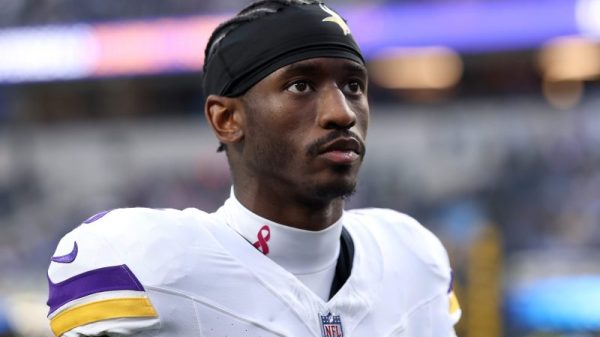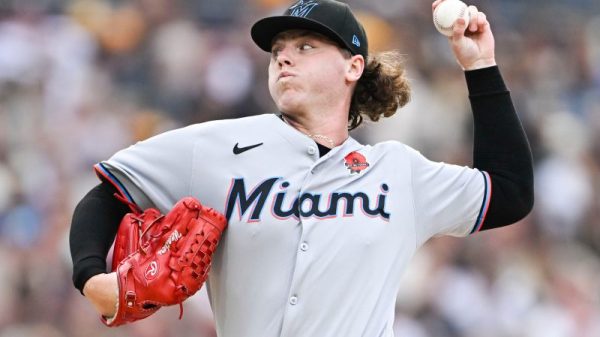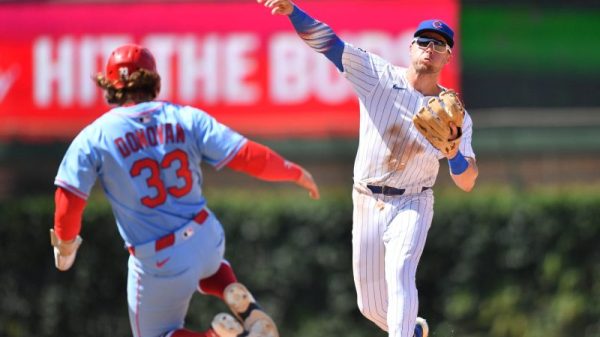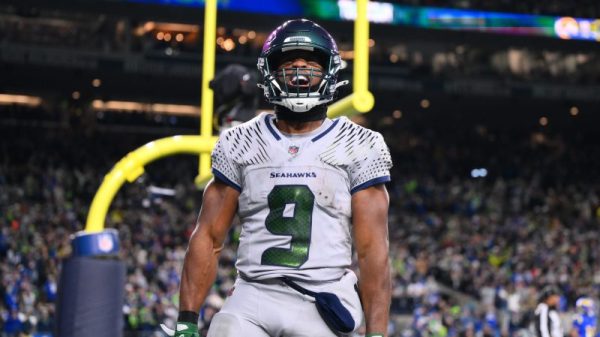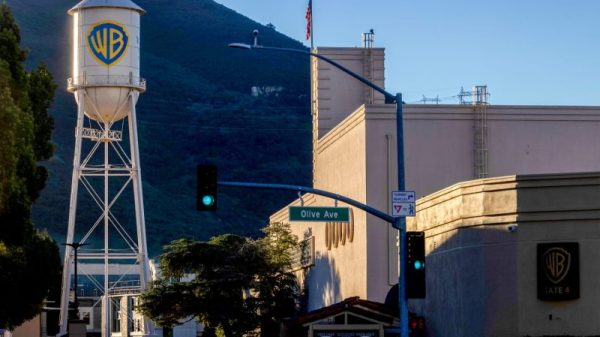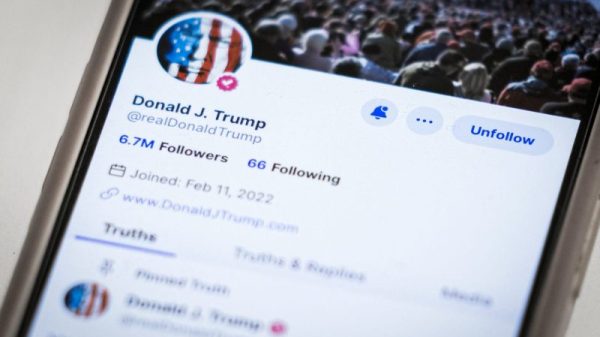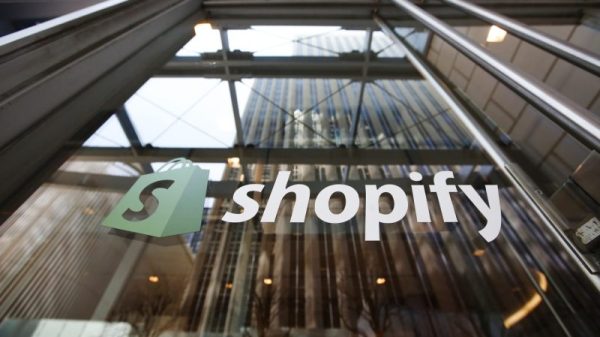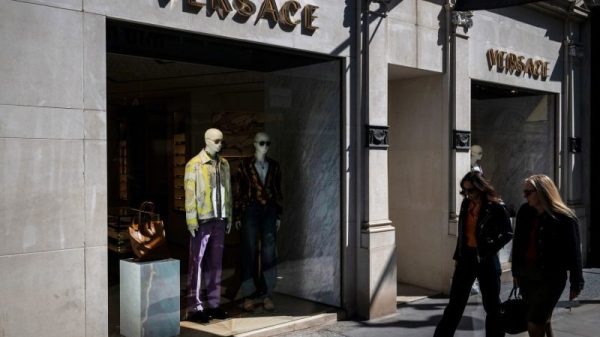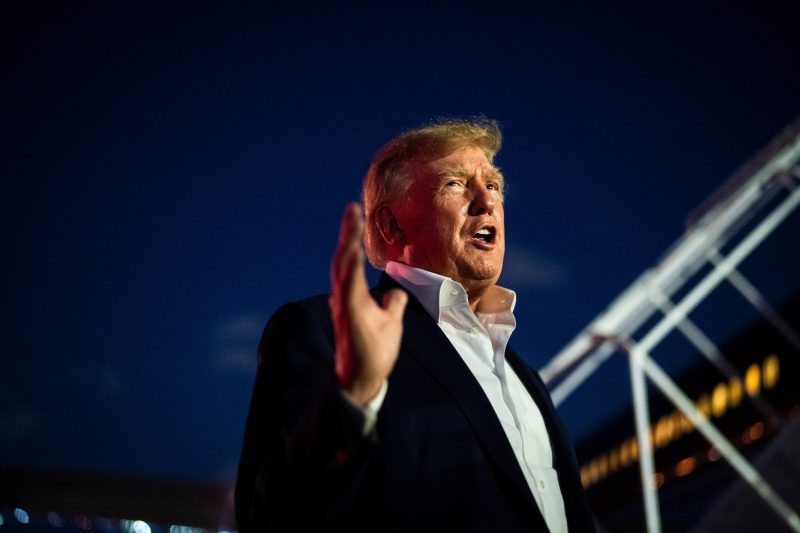Federal prosecutors investigating efforts to overturn the 2020 election have asked witnesses extensive questions about the actions of Rudy Giuliani, a lawyer for former president Donald Trump — including where he got his information about alleged fraud, what he did in the days around Jan. 6, 2021, and what he knew about the actions coming that day, people who have appeared in front of the grand jury say.
Investigators looking into classified documents taken to Mar-a-Lago, Trump’s Florida home and private club, have sought to force testimony from another Trump lawyer, Evan Corcoran, by saying there is evidence that the former president used the attorney’s legal services in furtherance of a crime.
And prosecutors have repeatedly sought information on the actions of yet another Trump lawyer, Boris Epshteyn, in connection with both classified documents and Trump’s false electors scheme, three people said. They have quizzed multiple Trump attorneys involved with the documents case, including Christina Bobb, Alina Habba and Jesse Binnall, according to the people familiar with the investigation, who spoke on the condition of anonymity to discuss it.
The investigative activity highlights one of the ways in which the Trump probes are unusual and complex — turning some of his many current or former attorneys into witnesses or potential investigative targets. A Trump spokesman said the legal strategy was a sign of weakness in the case against the former president.
The probes are led by special counsel Jack Smith, who was appointed by Attorney General Merrick Garland to insulate the work from political influence. Smith’s pace appears to be quickening as the 2024 presidential election starts to take shape, with Trump once again a candidate and President Biden — Garland’s boss — poised to seek a second term. Trump so far has two declared Republican opponents. Legal experts say that if Smith brings criminal charges against Trump, those charges would likely be pending when the GOP primary debates begin in August.
In recent weeks, the special counsel has issued a flurry of grand jury subpoenas to high-profile witnesses, including former vice president Mike Pence and former chief of staff Mark Meadows. Smith has also imposed strict deadlines for responses in what may be a push to reach internal charging decisions this spring, people familiar with the investigations said. Some of the requests for information, including of Corcoran, have triggered closed-door legal battles that could significantly complicate that time frame.
“Whenever prosecutors become fixated on the defense attorneys, that’s usually a good indication their underlying case is very weak,” Trump spokesman Steven Cheung said in a statement. “Every American has the right to consult with counsel and have candid discussions — this promotes adherence to the law. We will fight the Special Counsel on this point and all others that jeopardize fundamental American rights and values.”
A spokesperson for Smith declined to comment.
In the documents case, prosecutors are examining whether Trump or his aides mishandled classified information, flouted a subpoena seeking the return of classified documents or attempted to obstruct government efforts to retrieve those materials. The investigation of events surrounding the 2020 election seems broader, with Smith and his team probing the funding and organizing of fake-elector slates and the events leading up to the riot at the U.S. Capitol. A state-level investigation of 2020 election-related activities in Georgia is also underway, with charging decisions expected this spring or summer.
“Given the approaching primary season, the special counsel is already racing against the political clock,” said Robert Mintz, a former federal prosecutor now in private practice. “The reality is that the closer we get to the 2024 election, the more perilous any indictment becomes for the special prosecutor.”
In Washington, Trump lawyers Corcoran, Bobb and Habba all made recent appearances before the grand jury hearing evidence in the documents probe, and Binnall sat for an interview with the Justice Department, according to people familiar with the investigation.
Binnall declined to comment, as did Habba through a spokesperson. Bobb did not respond to messages. A lawyer for Corcoran declined to comment. It is rare for prosecutors to call as grand jury witnesses anyone they plan to charge with a crime.
Binnall was questioned in part about whether Epshteyn improperly tried to influence testimony by speaking to witnesses about establishing common-interest privilege — the extension of attorney-client privilege among lawyers whose clients have a shared strategy — to shield some information in the documents case, people familiar with the interview said. Other Trump lawyers were quizzed about how Trump’s legal team handled a subpoena for the documents in the summer of 2022.
A lawyer for Epshteyn declined to comment. A lawyer for Giuliani did not respond to requests for comment.
Corcoran, who handled the Trump team’s responses to government requests to retrieve sensitive government documents from Mar-a-Lago last spring, appeared before the grand jury in January, according to two people familiar with the investigation.
One person said Corcoran was questioned about assurances he provided to the Justice Department that he led a diligent review of the documents stored at Mar-a-Lago in response to the subpoena and had identified and handed over all classified records. Prosecutors have called the subpoena response “incomplete” and said they’d collected evidence of “obstructive conduct,” according to court documents.
Some of the grand jury appearances and subsequent legal battles were first reported by other news outlets, including the New York Times.
Corcoran was also asked in front of the grand jury whether he spoke with Trump about missing documents or the search he conducted in response to the subpoena, the person familiar with his testimony said. But he repeatedly declined to provide information, asserting Trump’s right to have conversations with his attorney remain private, the person said.
Prosecutors then sought to compel Corcoran’s testimony, according to these people, by invoking the crime-fraud exception — which says that attorney-client privilege does not exist if the conversation was in furtherance of a crime. Trump’s lawyers have filed a response objecting to the request; an oral argument on the matter has been scheduled in coming weeks.
Over the years, the makeup and pecking order of Trump’s legal team have changed dramatically, but one thing has remained constant — significant infighting among his advisers about legal strategy, personnel and potential risks.
In the current group, attorney Christopher Kise has argued Epshteyn and Corcoran should not be representing Trump because of their own legal liabilities, people familiar with the matter said. Kise did not respond to a request for comment. Trump still has confidence in his legal team, people close to him said, even as others around him worry he is not being represented well. Epshteyn, Corcoran and Trump lawyers Tim Parlatore, James Trusty and John Rowley met with the former president at Mar-a-Lago this week to update him on the special counsel investigations, according to two people with knowledge of the meeting.
Barring unseen complexities, litigation regarding Corcoran’s testimony could be resolved in two to three months, people familiar with the matter said. To overcome attorney-client privilege through the crime-fraud exception, prosecutors do not need to argue that an attorney knowingly acted wrongly, only that their actions came as part of a criminal scheme. That standard is lower than the probable-cause standard that was needed to obtain the court-approved search warrant for Mar-a-Lago in August.
Compelling appearances from some witnesses in the election-related probe, including Pence and Meadows, may prove to be a thornier endeavor for the special counsel, legal experts said.
Lawyers for Pence have said he will resist the subpoena. Pence has said that while presiding over the Senate, vice presidents are protected by the Constitution’s speech or debate clause, which shields members of Congress and their staff from questioning about legislative actions. In a 2021 civil lawsuit, Justice Department lawyers agreed that Pence’s role presiding over the electoral vote count on Jan. 6 was protected.
The speech-or-debate clause argument is different from the executive privilege claim other former Trump aides have cited, which essentially says that the president and high-level executive branch staff may withhold information from Congress, the courts and the public to ensure confidentiality while governing.
While the Supreme Court rejected Trump’s executive privilege claims to shield documents and testimony from the House select committee investigating the Jan. 6 attack on the Capitol, courts could take a different approach to whether the speech or debate clause bars questions to a vice president about his talks with a president, legal experts said. Pence, who is exploring his own 2024 presidential bid, told reporters in Iowa in February that he is prepared to fight the case “as far as it needs to go.”
Some veteran speech-or-debate clause litigators say that legal battle could play out well into the summer, by which point the Republican primary race will be in full swing.
Michael Luttig, the retired judge who advised Pence in the lead-up to Jan. 6 and testified before the select committee, wrote in a recent op-ed that he believes federal courts will move quickly. “There are relatively few circumstances in which a former vice president would be entitled to constitutional protection for his conversations related to his ceremonial and ministerial roles of presiding over the electoral vote count,” Luttig wrote.
It’s unclear whether Meadows will cooperate with the special counsel’s recent subpoena. He complied with the Justice Department’s request for documents at the end of last year, but unsuccessfully asserted the claim of executive privilege in a bid to defy a Fulton County, Ga., subpoena.
Each legal battle over testimony could prove time-consuming. If charges are brought, prosecutors are required by law to be prepared to go to trial within 70 days. But it is very common in federal court for both sides to agree to extensions, and sometimes a year or more can pass between a charge being filed and a defendant going on trial.
“Smith knows how a calendar works,” said one lawyer involved with the Jan. 6 probe, who declined to be named to discuss sensitive matters. “This thing is going to be messy if he brings indictments, any way you cut it. But it’ll be particularly messy if you have trials going on in the middle of primaries in Iowa and New Hampshire.”
Former federal prosecutor Dan Shallman said he doubts Smith has stepped on the gas because of concerns about the campaign season, citing what he called the special counsel’s “well-earned” reputation for being fast and aggressive.
“They couldn’t care less that Trump is a candidate now — it may matter to political pundits, but not to Jack Smith,” said Shallman, who does not know Smith personally but has worked in similar legal circles. “Ultimately, the special counsel and his team will make charging decisions based on the facts and the law.”






